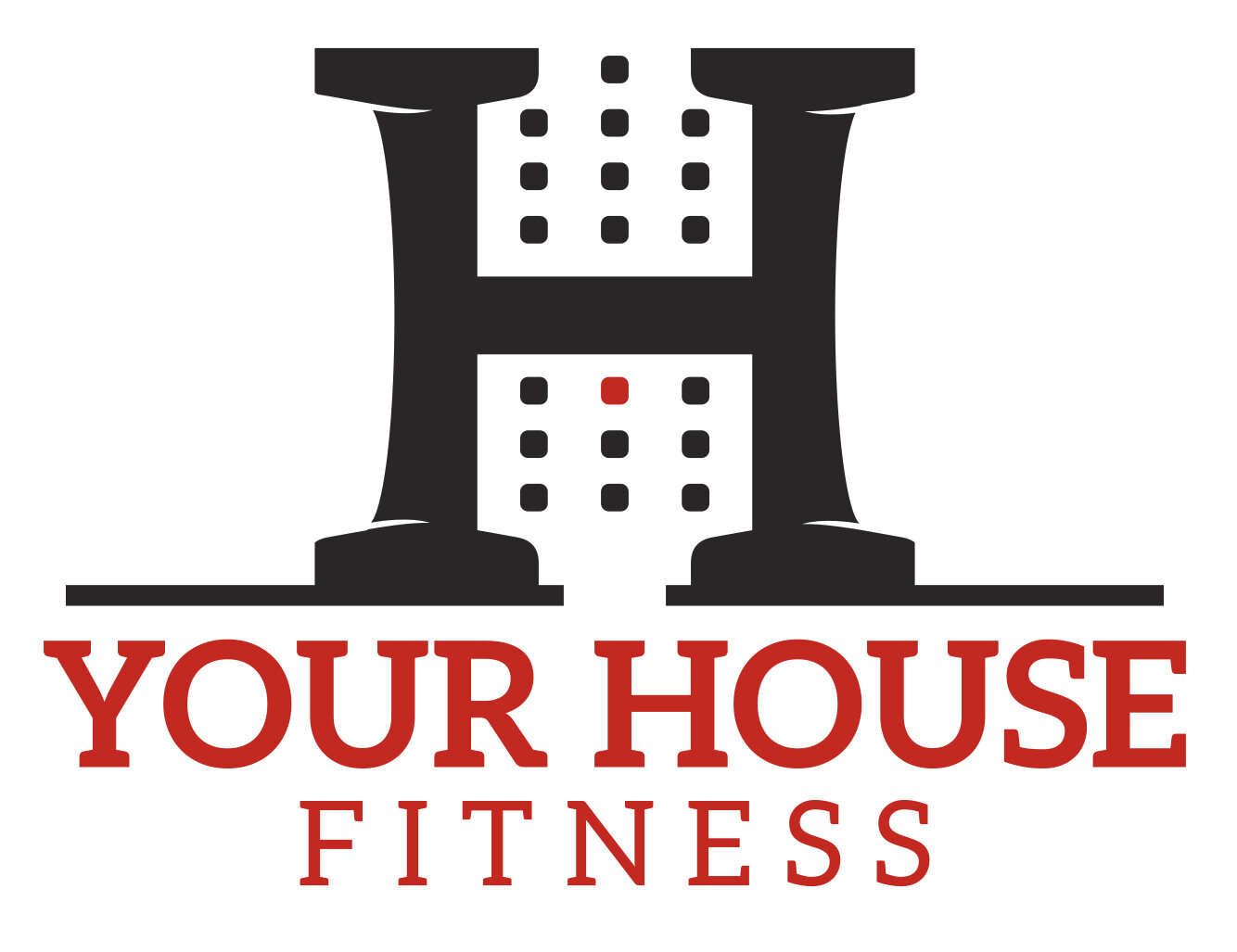Exercise Tutorial: TRX Reverse Lunge
Table of Contents
What Is a TRX Lunge
The TRX Lunge is a lunge variation that is performed using the TRX Suspension Trainer. The Reverse Lunge can be an easier exercise for beginners, and the TRX will help increase the stability of the body as it works against its own resistance.
How to Do TRX Lunges
The TRX Lunge is an easy exercise to learn and perform on the TRX system. To learn how to do a TRX Reverse Lunge, follow these steps:
Ensure that your TRX System is set up properly. Hold a handle in each hand and step away from the anchor until the bands are in line with your forearms. Your feet will be about shoulder-width apart. Your arms will be at the sides of the body with a 90-degree bend in the elbow.
To begin the TRX Reverse Lunge, take a step backwards with one leg so that you create a 90-degree angle in the front and rear knees. Your arms will elevate, and elbows will extend as you perform the movement.
Return to the starting position and repeat the movement on the same leg. Remember to switch legs once you have completed your reps.
You have now learned how to perform the TRX Reverse Lunge!
TRX Reverse Lunge Form
There are some key points to remember when performing the TRX Reverse Lunge in order to achieve the proper form. To have the correct TRX Reverse Lunge form, you need to,
Keep the Knee in line with the ankle
Keep the shoulders down and back
Avoid lateral bending of the torso
Maintain a neutral spine
Ensure that your weight is distributed through the mid-foot
Keep a forwards gaze
TRX Reverse Lunge Benefits
There are many benefits to performing the TRX Reverse Lunge. Some of the benefits of regularly completing the TRX Reverse Lunge include,
Increased muscular strength and endurance
Increased balance
Requires more engagement of the Abdominal muscles
This is a great exercise to increase the range of motion and mobility at the hip. The hip is a very complex structure with multiple muscles and ligaments. Activities such as prolonged sitting can contribute to tight hip flexors and over time become a more significant problem. As a result, practicing hip mobility is crucial to the proper functioning and stability of the joint. When hip mobility is compromised, movement can be extremely limited which can affect performance. This is why dynamic stretching is so important to overall mobility and injury prevention.
TRX Reverse Lunge Muscles Worked
The TRX Reverse Lunge will work the following muscle groups,
TRX Lunge Variations
There are a few TRX Lunge Variations that you can try! Check them out below.
TRX Side Lunge
To do the TRX side lunge, stand facing the TRX, grasp the handles, step out to one side and lunge, keeping the other leg straight, then push off to return to the starting position, repeating on the other side.
TRX Curtsy Lunge
To perform a TRX curtsy lunge, start by holding the TRX handles in front of you with tension, step one foot diagonally behind you into a lunge, and then drive back up to the starting position, ensuring to maintain balance and control throughout the movement.
TRX Cross Balance Lunge
The TRX Cross Balance Lunge is similar to the Curtsy Lunge. Begin in the same starting position as the TRX Reverse Lunge. Cross one leg behind the other to perform a lunge. Repeat the movement on the remaining leg.
TRX Overhead Lunge
In this variation, you will face away from the anchor. Hold a handle in each hand with your arms extended in front of the body. As you begin to lunge forwards, raise both arms overhead. As you return to the starting position, lower both arms. Repeat the movement on the remaining leg.
TRX Elevated Lunge
To perform the TRX Elevated Lunge, lower the straps to the floor and place one foot in one of the straps. Step the remaining foot forwards to enter into a lunge position. Perform the lunge in one spot and then repeat on the remaining leg.
TRX Reverse Lunge Alternatives
Alternative exercises that you can perform if you do not have a TRX trainer include the conventional Reverse Lunge, Forward Lunge, Jump Lunge, Curtsy Lunge, Lateral Lunge or Split Squat.
TRX Lunge Handles
There are various ways to use the handles in a TRX Lunge. The most common method requires you to hold the handle, while a more challenging variation involves using the foot cradles, which demand balance and control. If you aim to increase the difficulty level, opt for the foot cradles; if you prefer an easier version, utilize the hand grips.

